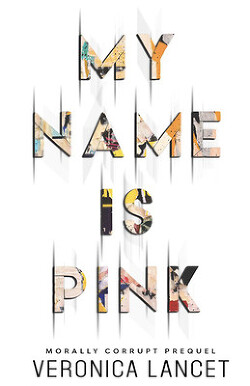Archaeology is intimately connected to the modern regime of vision. A concern with optics was fundamental to the Scientific Revolution, and informed the moral theories of the Enlightenment. And from its inception, archaeology was concerned with practices of depiction and classification that were profoundly scopic in character. Drawing on both the visual arts and the depictive practices of the sciences, employing conventionalised forms of illustration, photography, and spatial technologies, archaeology presents a paradigm of visualised knowledge. However, a number of thinkers from Jean-Paul Sartre onwards have cautioned that vision presents at once a partial and a politicised way of apprehending the world.In this volume, authors from archaeology and other disciplines address the problems that face the study of the past in an era in which realist modes of representation and the philosophies in which they are grounded in are increasingly open to question.



 9 (5)
9 (5) 













